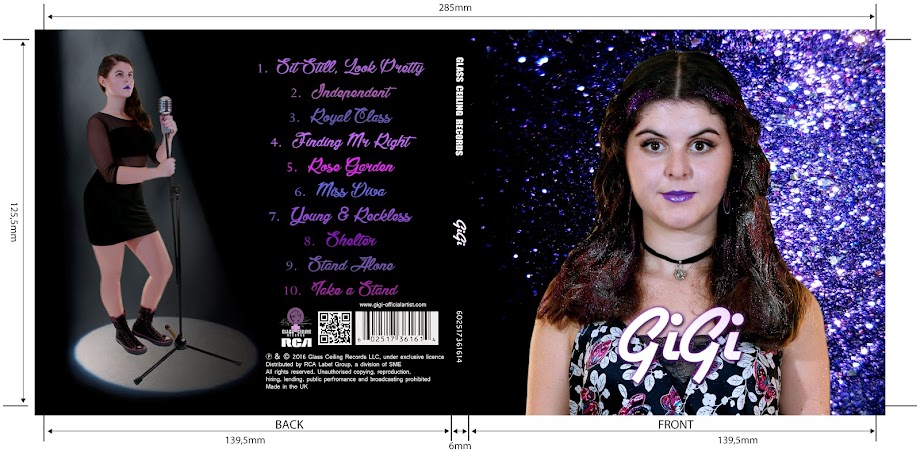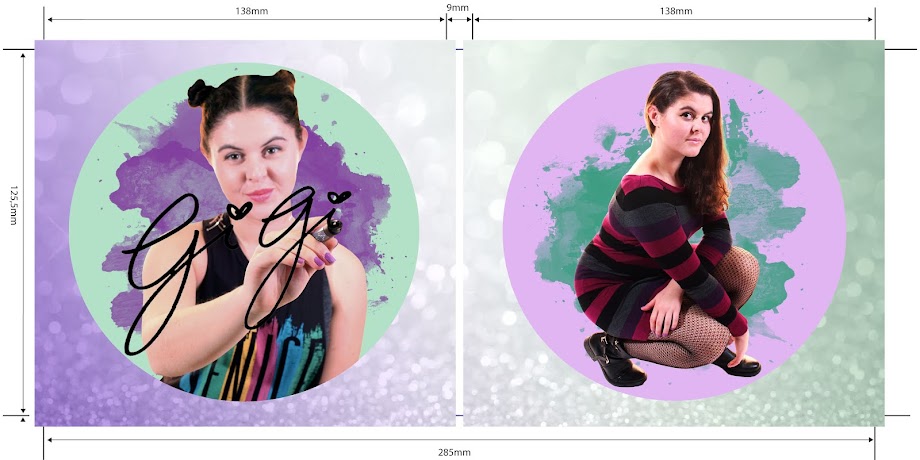Music consumption is vital to understanding how to target our audience. The uses and gratifications theory will be particularly useful when we target our audience.
Music gratifies the following needs:
- Diversion
- Personal relationships
- Personal identity
- Surveillance
How, where and when do I consume my music?
I listen to music:
- on the bus
- during my free time at school
- while I work
- before I go to bed
- when I workout
- on my phone
- on the radio top charts
- in films as the soundtrack
- on TV in adverts (especially John Lewis)
- on TV shows such as The X Factor or on award shows like The Brits
- in concerts
- from friends
Because I listen to a lot of songs of different genres and from different artists, it is not economically sustainable for me to buy the songs or albums. Therefore, I stream music on platforms such as Youtube, Spotify or Soundcloud.
Consumption of music offers the audience entertainment as well as gratifying their needs. For many people, music helps them escape from the real world and distracts them from the problems that they face. It can add atmosphere and give people motivation.
Consumption of music offers the audience entertainment as well as gratifying their needs. For many people, music helps them escape from the real world and distracts them from the problems that they face. It can add atmosphere and give people motivation.
What does music mean to me?
To me, music is an art form that offers escapism from the real world and provides entertainment. I listen to music in order to suit my mood at the time. For example, I like to listen to upbeat songs to get me hyped up and to put me in a good mood, or I'd listen to a song with motivational lyrics to get me through a tough time. Depending on my emotion, I'd find the perfect song to match my feelings and play that song on repeat. I would also share songs that I like with my friends and occasionally, we'd go out for karaoke where we'd sing our favourite songs (badly) at the top of our lungs.
From a young age, I'd frequently go to see musicals in the West End. Some songs left a huge impression on me and I still hum some of those songs now. Examples include "Master of the House" from Les Miserables and "Defying Gravity" from Wicked. On the other hand, I also like to keep up to date with new songs on the charts and I follow the musicians' lifestyles, drama and fashion.
My experience with different songs will most certainly mean that I associate the song with a memory or a time in my life when I listened to the song. This makes the song more memorable and important to me.
Childhood
Song: Boom Boom Pow
Artist: Black Eyed Peas
Song: Boom Boom Pow
Artist: Black Eyed Peas
As a child, I listened to Black Eyed Peas all the time. Originally, I had been introduced into the group by my friend who was a fan of Fergie and since then, I have always listened to Black Eyed Peas' songs and I still listen to will.i.am. The song "Boom Boom Pow" was so energising and innovative at the time. The techno beat and the funky music video is iconic in my opinion when I think about the music from the 2009 era.
Early Teens
Song: RU Mine
Artist: Arctic Monkeys
Song: RU Mine
Artist: Arctic Monkeys
In my early teens, I was a huge fan of the indie rock genre. I listened to bands such as Imagine Dragons, OneRepublic, The Neighbourhood and Kodaline. When I think about songs from my early teens, I immediately think of "R U Mine" by Arctic Monkeys. I had been a fan of the band for a long time and loved the song when it came out and became a huge success. Back then, I watched all the live stage performances and followed the fan accounts of the band so that I was kept up to date with the band.
One of my memories of watching them perform live was at the BRITs, when Alex Turner dropped the mic after the acceptance speech, making the band and the album AM really memorable for me. This is an example of cathartic consumption of media because I wasn't the one acting rebellious but I was identifying with the artist that expressed their attitude. This song really appealed to me when I was going through a rebellious rock phase.
One of my memories of watching them perform live was at the BRITs, when Alex Turner dropped the mic after the acceptance speech, making the band and the album AM really memorable for me. This is an example of cathartic consumption of media because I wasn't the one acting rebellious but I was identifying with the artist that expressed their attitude. This song really appealed to me when I was going through a rebellious rock phase.
Now
Song: Crazy
Artist: 4Minute
Song: Crazy
Artist: 4Minute
Although I listen to a lot of different songs from different genres, I would say that I am more into K-pop at the moment. In K-pop, there is diversity in the artists' styles, concepts and genres. The song "Crazy" by 4Minute is such an addictive song. Since I am not fluent in Korean, I find that the beat is what draws me to the song and I love the choreography and the music video. The badass attitude screams female empowerment to me and it is such a contrast to other K-pop songs. I often listen to this song on repeat through my earphones when I am at the gym because I feel that it gets me pumped and energised.
Conclusion
Music is a part of who we are. The type of music that we listen to gives us character and as we identify with an artist or a genre, our personality is reflected in the media that we consume. In the past, music influences were limited to our parents or social group. Similarly, the way that we consumed music back then meant that people often stuck to a certain genre because it was an investment of their time and money.
Now, however, our music influences have broadened mostly due to globalisation, the use of internet and the increasing communications. I have experienced this as a music consumer because the music that I listen to has widened massively.
Now, however, our music influences have broadened mostly due to globalisation, the use of internet and the increasing communications. I have experienced this as a music consumer because the music that I listen to has widened massively.
I will use use my experience as a music consumer as well as the audience theory to help make decisions to target our audience. Additionally, we would use this research to choose the media platforms currently used to reach and appeal to our audience demographics.



No comments:
Post a Comment